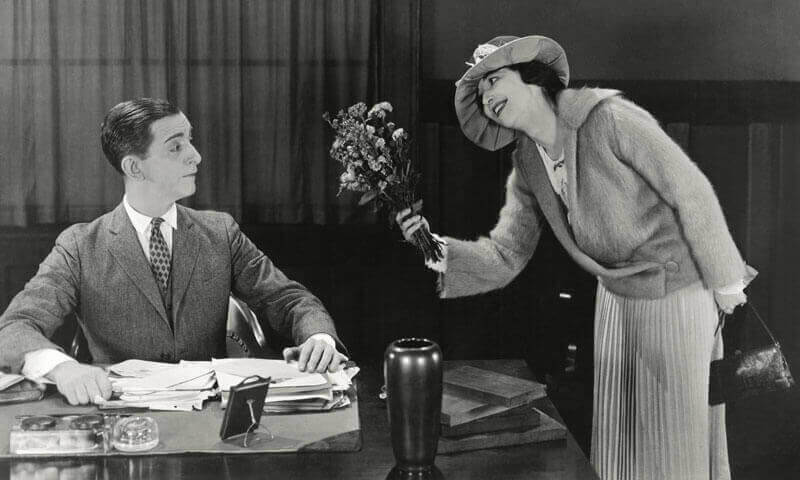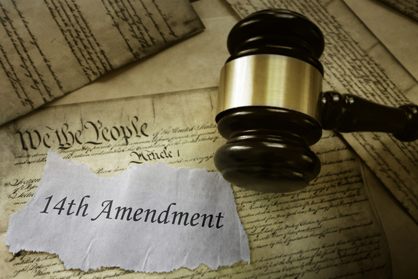After a first-degree murder conviction earlier this month, the trial of Jodi Arias ended with a jury unable to reach a decision on her punishment, according to a recent Huffington Post report.
Arias was convicted earlier this month of first-degree murder in the 2008 stabbing of Travis Alexander. The murder drew widespread attention for its egregious violence: Alexander was stabbed 30 times, shot in the head, and had his throat slit by Arias, his ex-girlfriend. Arias’ defense lawyer, Jennifer Willmott, argued that Arias’ actions were borne out of her battle with various psychological issues. Psychologist Richard Samuels testified during the trial that Arias suffered from both PTSD and acute stress disorder. Ultimately, the jury found the defense’ argument unconvincing.
While the jury convicted Arias of first-degree murder in a “non-unanimous agreement” verdict, members of the jury were unable to reach a decision on whether Arias should receive the death penalty or life in prison.
Thursday was an emotion-wrought ending to Arias’ trial, with many members of the jury emerging from deliberations in tears. Under Arizona law, if the jury is unable to decide on her punishment, a new jury will have to be selected. If the second jury panel is unable to reach a decision as well, Arias’ fate will be determined by a judge. The judge would have the power to either sentence Arias to life in prison or make her eligible for parole after 25 years, but would not have the ability to sentence her to death.
Prosecutor Juan Martinez has been seeking the death penalty, noting that “Arias’ age is not a mitigating factor … Mr. Alexander was only 30 and will forever be 30 … the only thing you can do is return a verdict of death.”
Faced with the prospect of the death penalty, Arias appeared contrite in her testimony to the jury. In a May 8th statement to the media, Arias had stated that she preferred death over life in prison. On Tuesday, however, Arias backtracked on her earlier statements. Looking appropriately mournful in black, she told the jury, “As I stand here now, I can’t in good conscience ask you to give me death.”













































